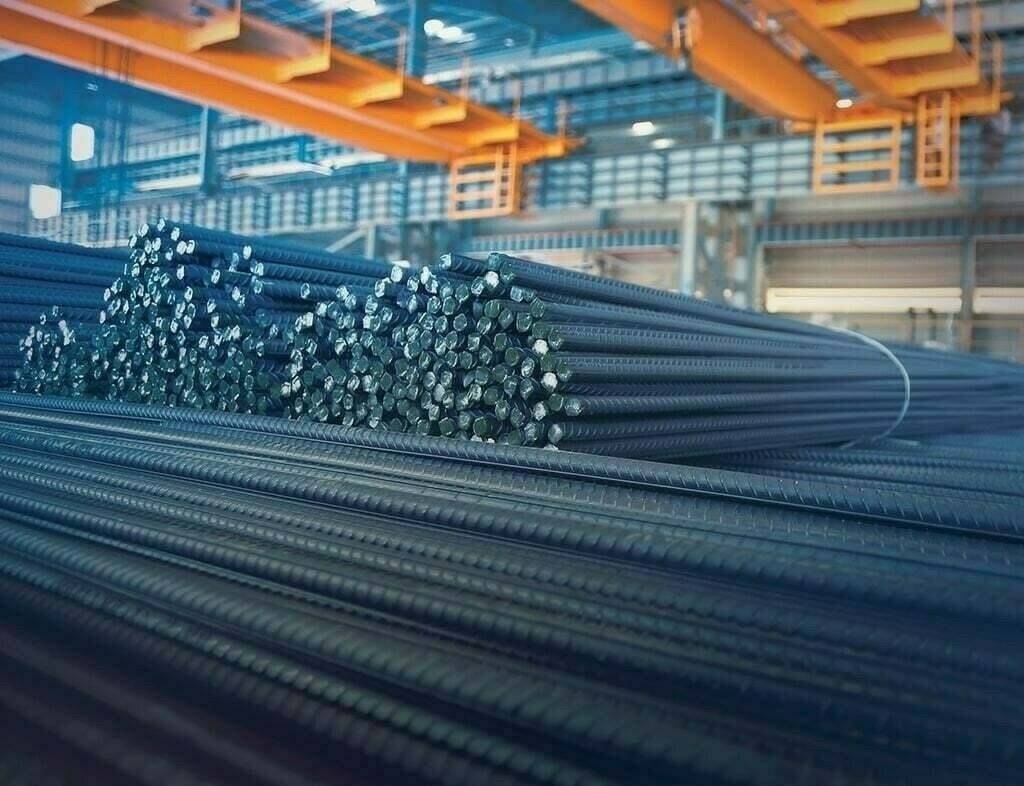
The Ripple Effect: Impact of Pakistan's Steel Sector on Associated Trades
At the heart of Pakistan's industrial framework lies its Steel Sector, a foundational pillar that significantly boosts the nation's GDP and supports a vast employment network. This sector is a blend of robust integrated steel mills and nimble re-rolling mills, catering to both the domestic and international markets with a diverse array of steel products. The continual surge in demand across various domains underscores the pivotal role that the steel industry plays in fueling Pakistan's economic propulsion. Its critical contribution spans a multitude of applications, underpinning the nation's infrastructural expansion and fulfilling the escalating needs of an advancing society. As the steel sector strides forward, it embodies the dynamic interaction of innovation and tradition, shaping the trajectory of Pakistan's industrial and economic landscapes.
The Role of Steel in Construction and Infrastructure
Steel's indispensability in the construction and infrastructure realm significantly underscores its pivotal role. This material's strength, durability, and versatility make it a cornerstone in erecting structures that stand the test of time. In Pakistan, the steel sector's health directly correlates with the capability to embark on and complete critical infrastructure projects including the development of highways, bridges, and urban buildings. The reliance on steel for these ventures not only showcases its integral function but also its influence on the pace and quality of construction work. The direct relationship between the steel industry's output and the construction sector's efficacy highlights a symbiotic dependency, where advancements in steel production techniques and quality directly enhance the capabilities of construction professionals to meet modern engineering demands. As urbanization accelerates and the push for sustainable infrastructure intensifies, the demand for innovative and environmentally friendly steel solutions becomes more pronounced, driving further collaboration and growth between these interconnected sectors. This dynamic interplay not only fuels economic growth but also paves the way for a resilient and future-ready infrastructural landscape in Pakistan.
Challenges and Opportunities
Navigating through the complexities of the steel industry, Pakistan faces its share of hurdles, including volatility in global steel prices, escalating energy expenditures, and stringent regulatory landscapes. These elements can unpredictably influence the operational costs and efficiency of steel production, posing significant challenges to maintaining a steady growth trajectory. Despite these obstacles, the horizon brims with potential for transformative change. The sector is poised to harness technological advancements and sustainable methodologies that promise to redefine production processes and product quality. Embracing innovation and fostering partnerships for research and development can propel the industry beyond traditional barriers, optimizing resource use and minimizing environmental impact. This proactive approach not only addresses the pressing challenges but also opens up a realm of opportunities for the steel sector to bolster its influence on the economy and affirm its role as a keystone in Pakistan’s industrial and infrastructural development. The pathway forward demands a strategic blend of resilience, ingenuity, and commitment to sustainability, setting the stage for a future where the steel industry continues to be a bedrock of growth and prosperity for the nation.
